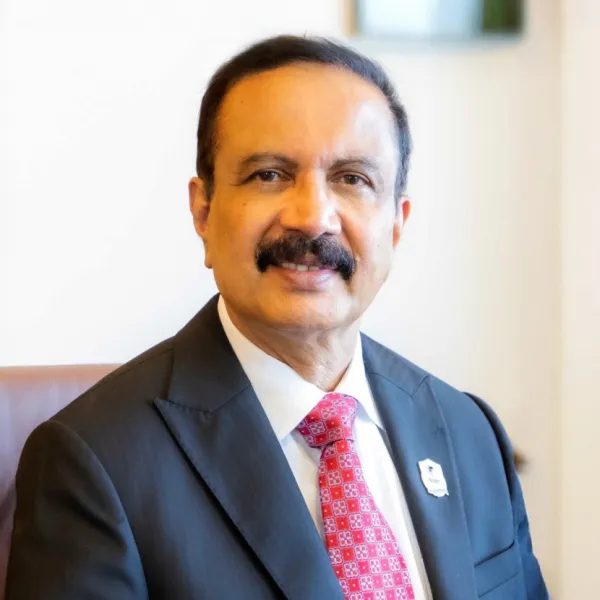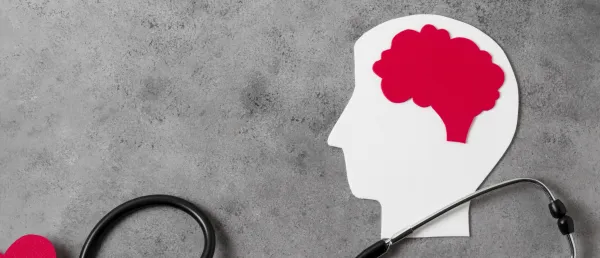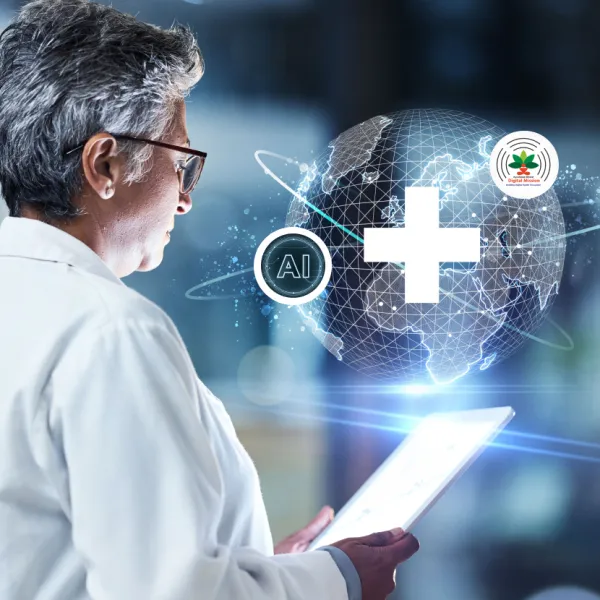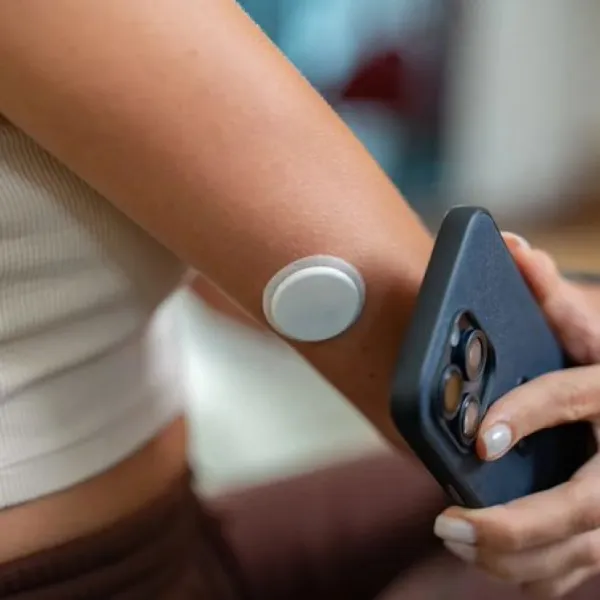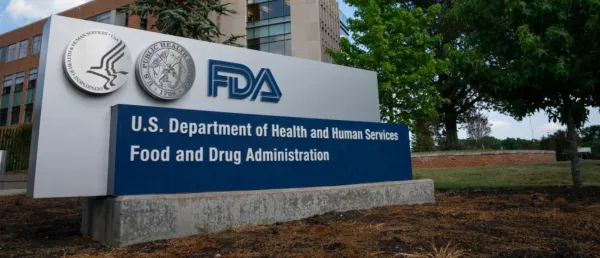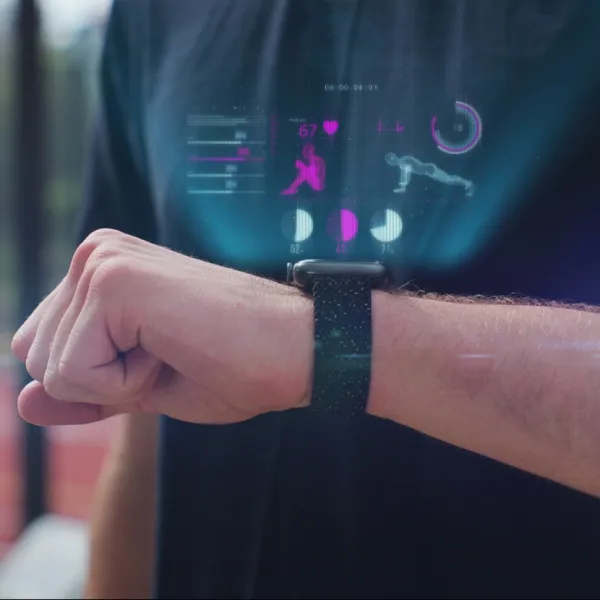Nadda Unveils 5 Key Health Research Initiatives under DHR-ICMR

Central to this rollout is the "First in the World" Challenge, a novel program geared towards supporting high-risk, high-reward health technology projects.
Union Health Minister J P Nadda introduced five strategic health research initiatives by the Department of Health Research (DHR) and the Indian Council of Medical Research (ICMR) on Friday.
These initiatives are part of a 100-day agenda aimed at strengthening India's position in global health research and addressing pressing healthcare challenges.
Central to this rollout is the "First in the World" Challenge, a novel program geared towards supporting high-risk, high-reward health technology projects.
“These initiatives reflect our commitment to building a healthier, more self-reliant India,” Nadda stated. “By focusing on indigenous innovation and advanced research, we are equipping our nation to address pressing health challenges effectively.”
"First in the World" Challenge to Drive Innovation
The "First in the World" Challenge, launched inspired by the Chandrayaan-3 mission, encourages local scientists to develop unprecedented health technologies, from concept to product development.
Dr Rajiv Bahl, Secretary of DHR and Director-General of ICMR, shared the goal of the program, “Initiatives like the 'First in the World' Challenge will empower our scientists and innovators to develop cutting-edge technologies that can benefit not just India but the entire world. We are committed to fostering an environment where research thrives, ultimately leading to improved health outcomes and a stronger global standing in medical research for our nation.”
The program will fund projects across various stages, from proof of concept to prototype design and final product development.
Further, the ICMR intends this initiative to bridge existing healthcare gaps with innovative solutions designed to meet Indian needs directly.
Focus on Strengthening Infectious Disease Research
As part of the Pradhan Mantri Ayushman Bharat Health Infrastructure Mission (PM-ABHIM), ICMR announced the upgrading of existing Viral Research and Diagnostic Laboratories (VRDLs) to a broader Infectious Disease Research and Diagnostic Laboratories (IRDLs) framework. These enhanced facilities will expand beyond virology to encompass bacteriology, mycology, and parasitology, enhancing India’s infectious disease surveillance and response capabilities.
The IRDL expansion aims to build India's capacity to address the increasing burden of infectious diseases through comprehensive diagnostic facilities, support rapid response measures, and ensure better preparedness for outbreaks.
Centralized Data Repository for Health Research
ICMR also launched a centralized Data Repository to secure, manage, and provide access to high-quality datasets.
The platform aims to safeguard data integrity and privacy, enabling researchers nationwide to access standardized information that supports a wide range of health studies.
This repository fosters collaboration within the scientific community, streamlining research efforts and helping accelerate studies on various health issues by providing a reliable data source.
Indigenous Drug Development for Rare Diseases
With a focus on rare diseases, ICMR has started initiatives to develop drugs specifically targeting conditions such as Gaucher Disease and Sickle Cell Disease.
The aim is to reduce India’s dependency on imported treatments and create affordable, accessible therapies for these conditions within the country. The ongoing projects under this program span clinical trials, animal studies, and drug design stages, all tailored to serve India’s unique healthcare needs
In a statement, ICMR emphasized that these initiatives represent a drive towards self-sufficiency in healthcare, focusing on affordable solutions and improved patient access.
Stay tuned for more such updates on Digital Health News









